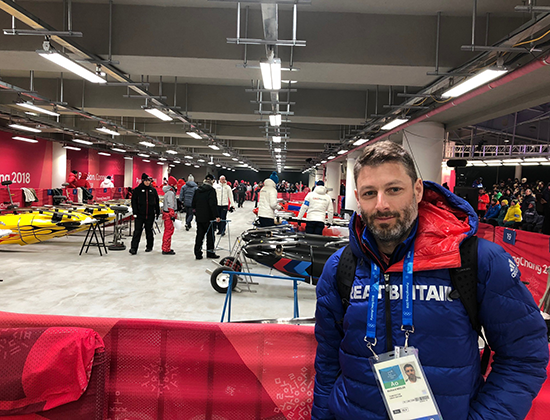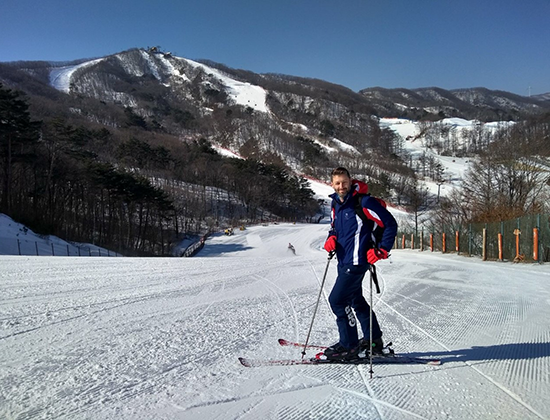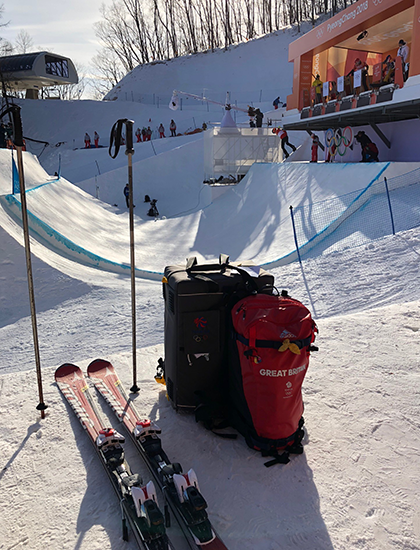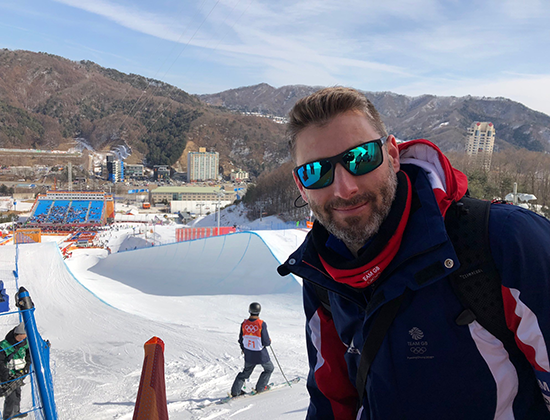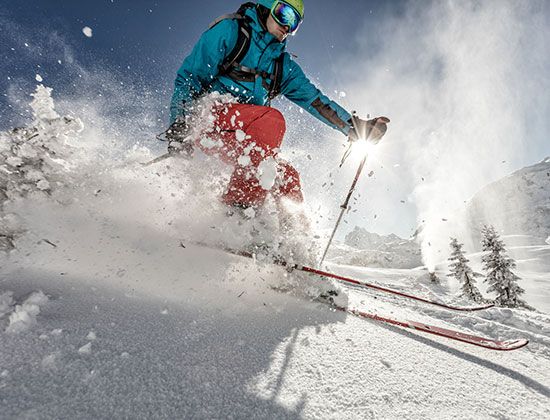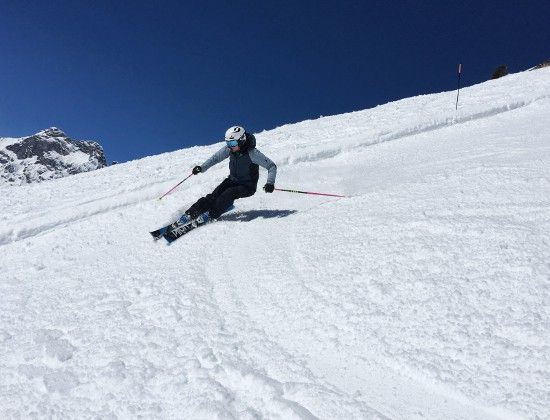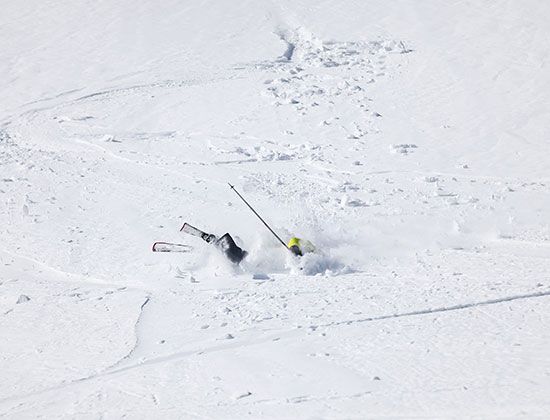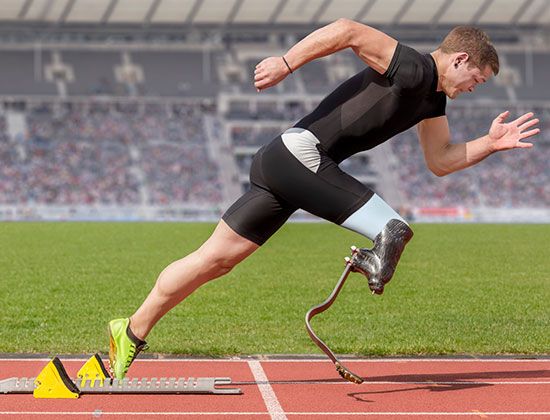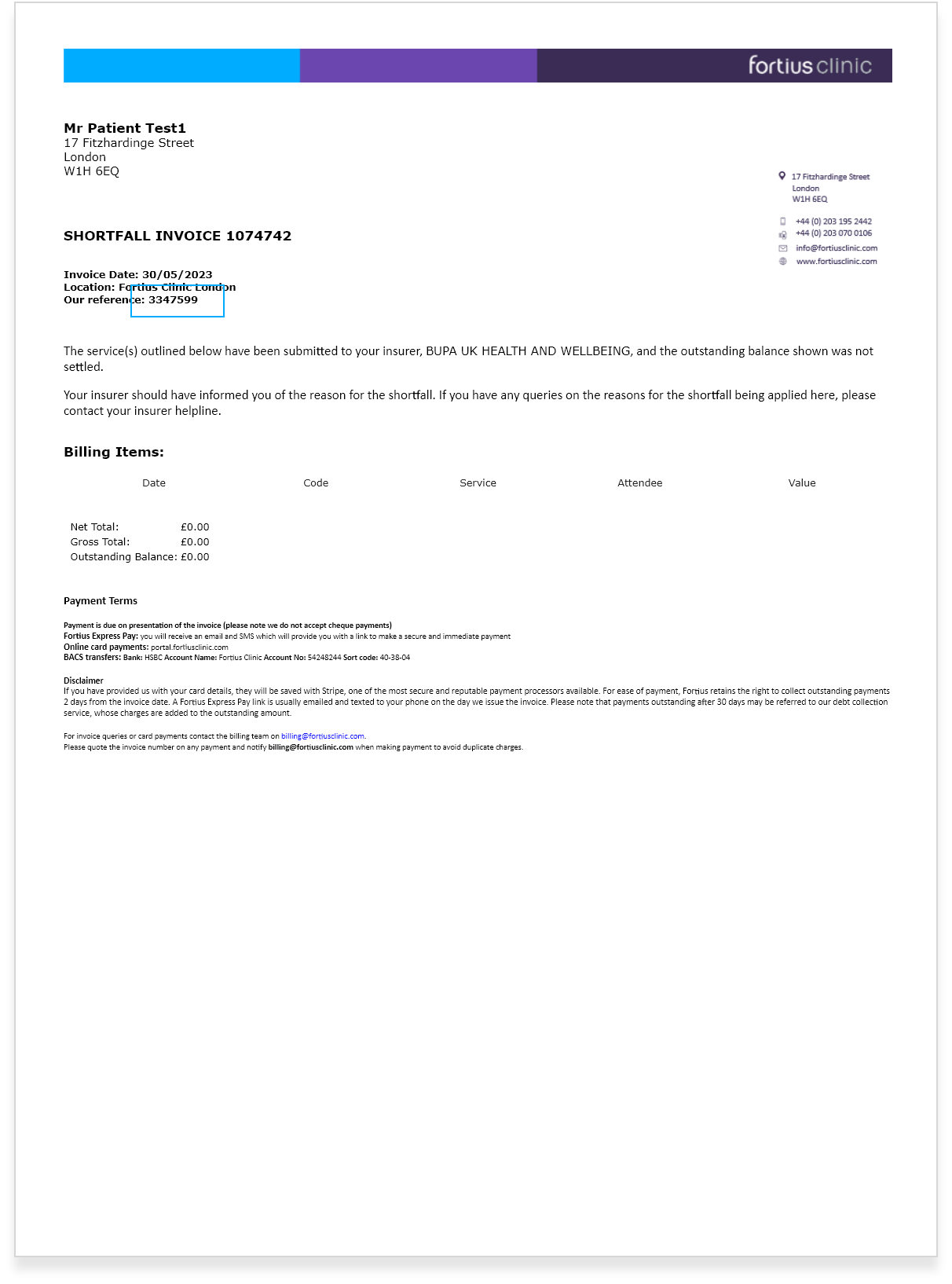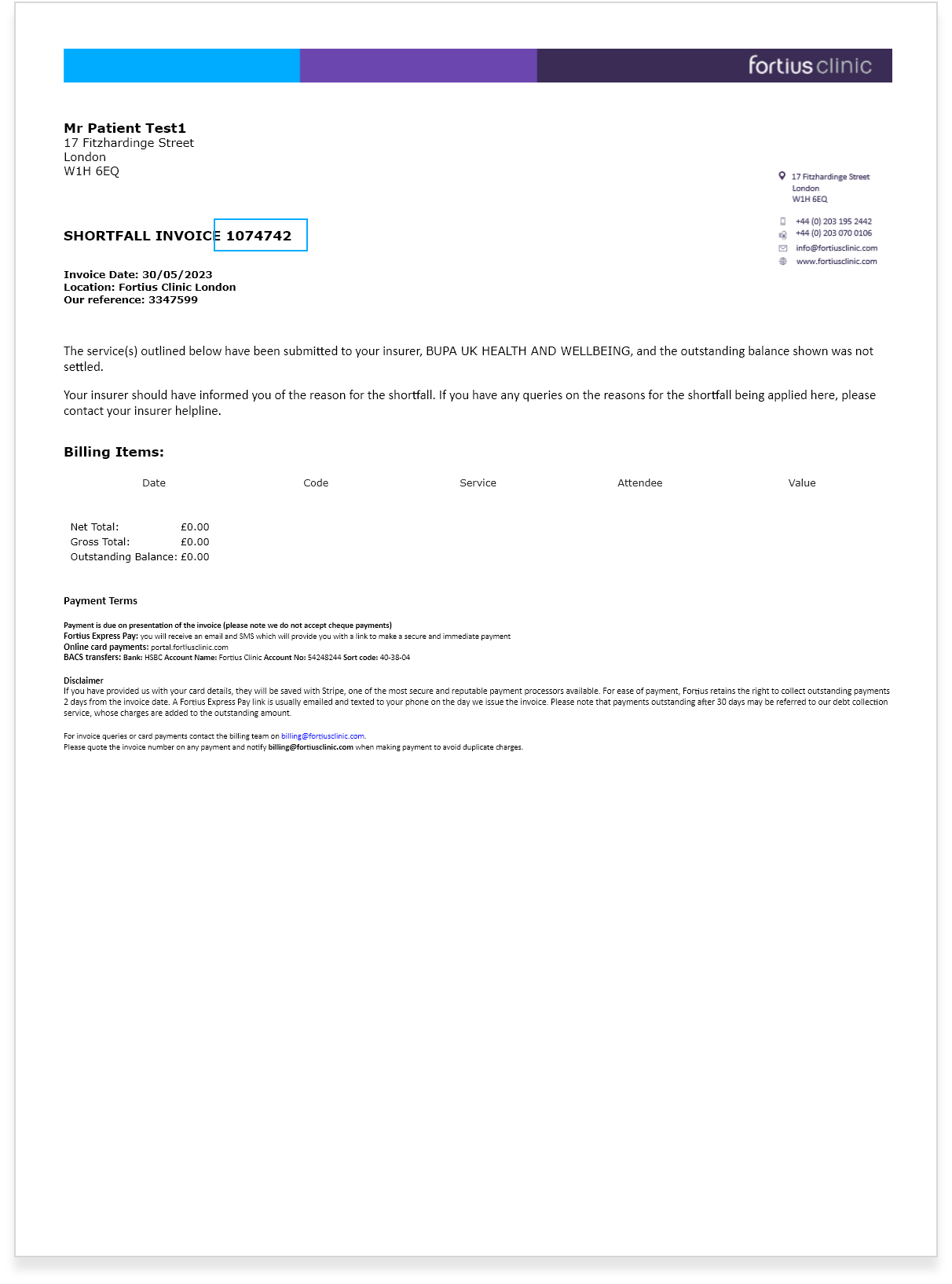Dr Richard Weiler qualified from the University of Bristol in 1999, then completed an MSc in Sports & Exercise Medicine from UCL in 2008. He is a Fellow of the Faculty of Sport & Exercise Medicine and on the Board of the American College of Sports Medicine and Institute of Sports & Exercise Medicine.
Dr Weiler treats musculoskeletal conditions and sports injuries at any age and level of activity and has a particular interest in lower limb rehabilitation following injury or surgery, tendon injuries and groin pain. His focus is on helping patients return to function and reach their goals. He has wide experience in the non-operative management of sports injuries, rehabilitating athletes of all abilities, from all summer and winter Olympic and Paralympic athletes to International and Premier League footballers and rugby players. He also works with teams of healthcare professionals to rehabilitate non-athletes with musculoskeletal conditions, such as back pain and joint pain.
